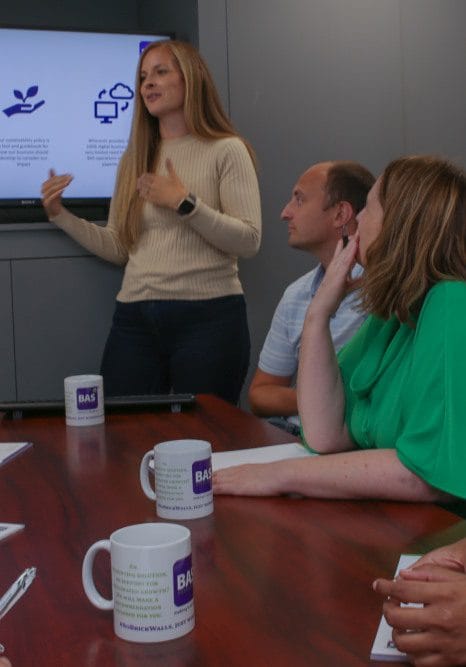How do Tax Payments on Account work?
If you are self-employed, a partner in a business, have property income or other income not taxed at source, then your income is taxed under self- assessment. When you pay your tax and how it is calculated can sometimes be difficult to get your head around.
Most people are employed and pay tax under PAYE, as the acronym says ‘Pay as you earn’. So, tax is paid as you get paid during employment. However, if you are self-employed, have other income, or meet a handful of other criteria then HMRC require you to complete an annual Tax Return. Only when your Tax Return is complete will you know exactly how much tax you need to pay.
What happens after I know how much tax is due?
Once your tax liability has been calculated (this could be made up of income tax, National Insurance, Student Loan repayments and High Income Child Benefit Charge) your payment is due by 31st January the following year, 10 months after the end of the tax year.
You are required to make payments on account (POA) towards the following year’s liability if:
- Your total income in the year generates a tax bill of £1,000 or more (including Class 4 NIC but not Class 2 or Student Loan repayments),
- and less than 80% of your total tax liability was deducted at source.
The amount requested for any payments on account is calculated as 50% of your liability for the year you are filing. This is after any tax deductions at source. Payments are due by 31st January with your payment for the current year and 6 months later by 31st July.
The POA process assumes that you will have an identical income, circumstances and tax calculations each year. However, for most people it is highly unlikely that this will be the case. So, when your exact tax liability for the following year is known this is compared to the POAs that you have already made and if there is more tax to pay then you will make a balancing payment in January or if you have overpaid tax then a refund will be issued.
As an example, your payment cycle could look like this ….
Supposing you had a total income tax liability (excluding Class 2 NIC) of £2,500 for 2023/24 and a Class 2 NIC liability of £179.40, therefore the total payments due for the 2023/24 tax year are £2,679.40.
If your income tax liability for 2024/25 increases to £3,500, and the Class 2 NIC remains at £179.40, then the payments falling due for 2024/25 are as follows:
| 31 January 2025 | £3,929.40 consisting of: £2,679.40 tax and NI for 23/24 and £1,250 1st POA for 24/25 (50% of £2,500) |
| 31 July 2025 | £1,250 2nd POA for 24/25 (50% of £2,500) |
| 31 January 2026 | £2,929.40 consisting of: £1,179.40 balance of tax and NI for 24/25 £1,750 1st POA for 25/26 (50% of £3,500) |
Claims to reduce or cancel Payments on Account
If your tax liabilities are relatively constant from year to year then POAs will approximate to the tax required for the following year and prevent you having one large balancing tax bill at the year end.
Sometimes though, your circumstances could change significantly from one year to the next. In such circumstances, it is possible that the POAs, as originally calculated, could result in a significant overpayment of tax for the year.
To avoid overpayments of tax it is possible to make a claim to reduce or cancel the POAs. However, if you reduce each POA below the calculated amounts and below 50% of the total tax and NI liability for the relevant year, HMRC will charge interest on the shortfall from the date each POA was due. HMRC have been known to charge a penalty if the claim to reduce is excessive.
BAS Associates will always advise you whether we believe this to be a sensible course of action.
Looking for support with your tax return and getting your head around your personal tax liabilities?… you’re in the right place.






